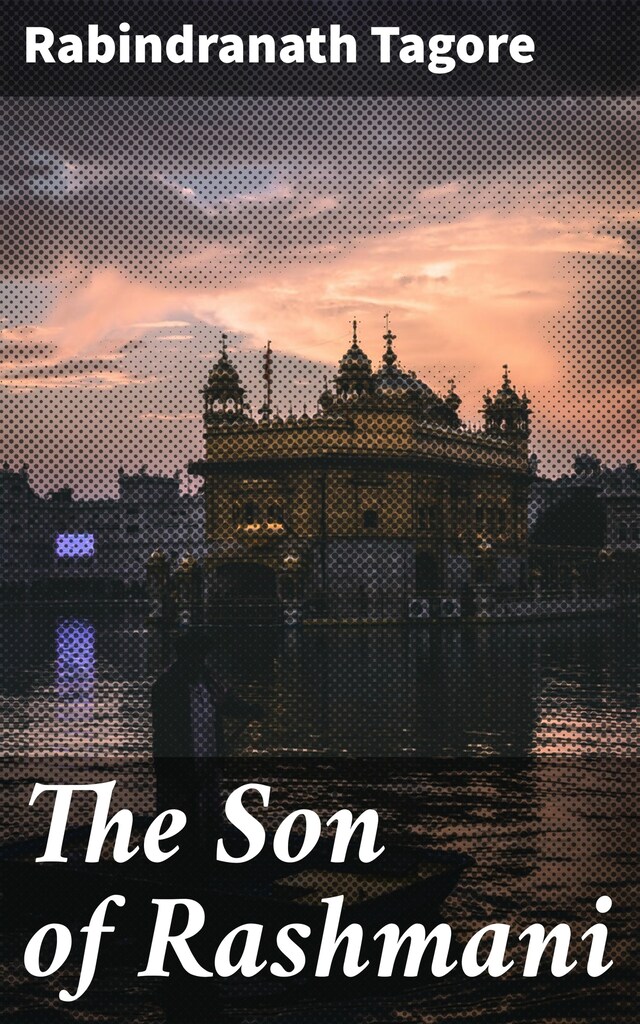
The Son of Rashmani
A Tale of Personal Transformation and Social Upheaval in Colonial Bengal
Description of book
In "The Son of Rashmani," Rabindranath Tagore weaves a poignant narrative that intricately explores the nuances of human relationships and societal expectations. Set against the backdrop of rural Bengal, this novella showcases Tagore's masterful use of lyrical prose and rich symbolism. The story intricately intertwines themes of love, sacrifice, and familial obligation, reflecting the sociocultural fabric of 19th-century India while resonating with timeless human emotions. Through vivid characterizations and a contemplative narrative style, Tagore invites readers to delve into the existential dilemmas faced by his characters, prompting profound reflection on duty and desire. Rabindranath Tagore, the first non-European laureate of the Nobel Prize in Literature, stands as a towering figure in Indian literature and philosophy. His diverse oeuvre spans poetry, drama, music, and essays, reflecting his belief in the interconnectedness of art and life. Having deeply engaged with themes of spirituality and social reform, Tagore's experiences in colonial India profoundly shaped his narratives, infusing his writing with a sense of urgency and a quest for identity amidst the complexities of modernity. This work is recommended for those who seek to understand the intricate fabric of Indian cultural identity through the lens of Tagore's profound insights into human nature. "The Son of Rashmani" is not merely a story; it is an invitation to explore the depths of love and sacrifice, making it essential reading for anyone interested in the interplay of personal and societal values.
 Rabindranath Tagore
Rabindranath Tagore 37 Pages
37 Pages